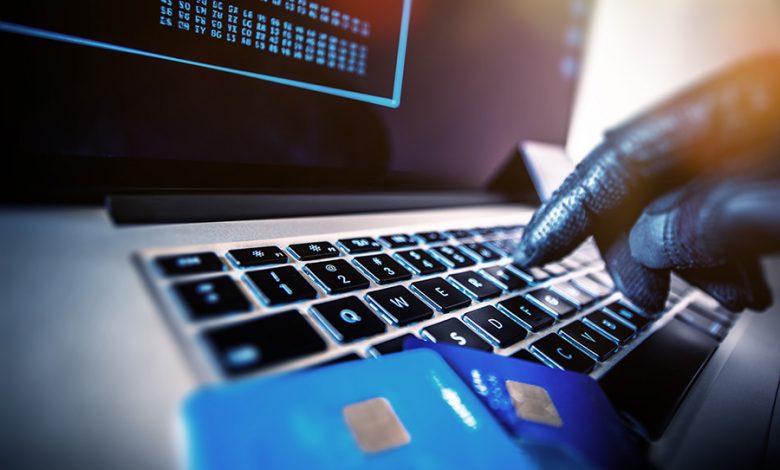
"Congratulations, you win 12 lakh rupees and 30 tola gold from Jeeto Pakistan. Congratulations, you have registered in the Benazir Income Support Program and received one lakh rupees. Congratulations, you have registered in the Ehsaas Ration Program; please contact this number to receive your ration." Almost every Pakistani has heard and received such messages.
Whether it's the Ehsaas Program, the Benazir Income Support Program, or Jeeto Pakistan, citizens are being defrauded of crores of rupees through various scams, including prize and cash fraud.
As internet and technology use increase, so do cybercrimes. A digital fraudster can be someone sitting next to you or someone on the other side of the world.
Also Read: Chief Minister's Tehsil Faces Migration Crisis Due to Terrorism and Water Shortage
While technology has brought many conveniences in economic, social, industrial, and travel sectors, it has also introduced many problems and risks. Previously, theft and robbery were prevalent; now, our mobile phones and computers are the primary targets. No longer are guns used to rob people; technology is the weapon of choice.
People are lured by promises of returns. They receive phone calls claiming they've won a prize and, due to a moment of carelessness, end up losing lakhs or crores. Nowadays, the primary targets of these digital frauds are mostly illiterate individuals. Due to their lack of understanding and susceptibility to greed, they are quick to fall for these scams.
A new method of fraud involves phone calls from unknown numbers. People are frightened with false claims that their child is lost and held by the caller. When the parents rush out in panic, they are surrounded and extorted for money, which is immediately sent by their fearful families.
A woman shared her experience of opening a bank account and receiving a call from an unknown number the next day. The caller, claiming to be from the bank, asked for her pin code to send her ATM card and checkbook. After following the instructions, she found her account balance at zero and learned from the bank staff that the call was fraudulent.
It’s crucial to know that banks never ask for money transfers to a mobile number or personal information like a pin code or password. Banks work to protect customers from digital fraud and continually strive to improve cyber security.
To combat cybercrime and digital fraud, electronic, print, and social media are running various awareness campaigns. Digital fraud is most commonly perpetrated via mobile phones. Fraud groups use different methods to obtain mobile SIMs, selling them in streets, markets, lorry stands, and shopping malls. They often offer a mobile SIM with a ration deal but require an ID card number and thumbprint for activation. These SIMs are then used for fraud and other crimes, targeting less educated people, women, and young children.
There are countless examples of digital fraud. These groups are active on Facebook, Instagram, and YouTube, luring people with promises of sending them to America, Canada, and Europe, or enticing them with investment and money-doubling schemes.
To avoid fraud, it is crucial not to be tempted by such offers. Be alert to unknown calls and never share your mobile, ATM card pin code, or bank application password with anyone. Change your passwords every two to three months. Check the number of SIMs registered in your name by sending your ID card number to 668 and deactivate any unknown SIMs immediately. Acquire basic computer education to strengthen your digital security and keep your friends and family aware of cybercrime.
If you fall victim to fraud, immediately email the FIA at [email protected] or file a complaint at the nearest FIA police station.
The government and related institutions must take strict action against individuals and groups involved in digital fraud and rigorously enforce cybercrime laws to protect citizens from these scams.